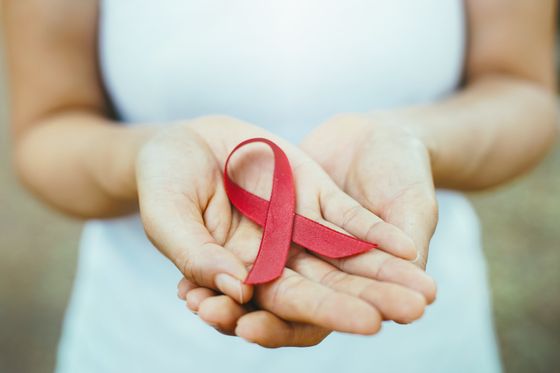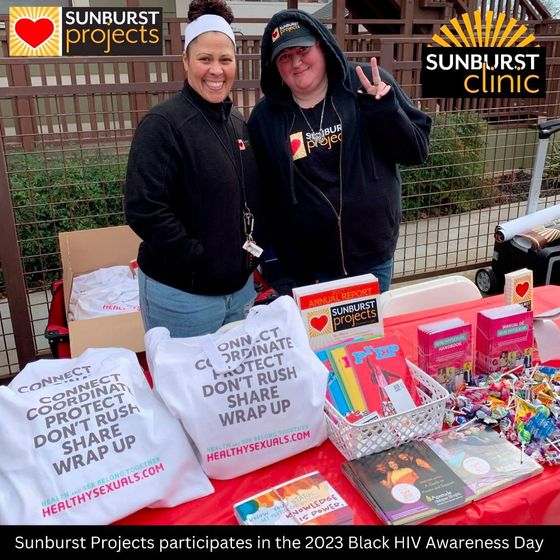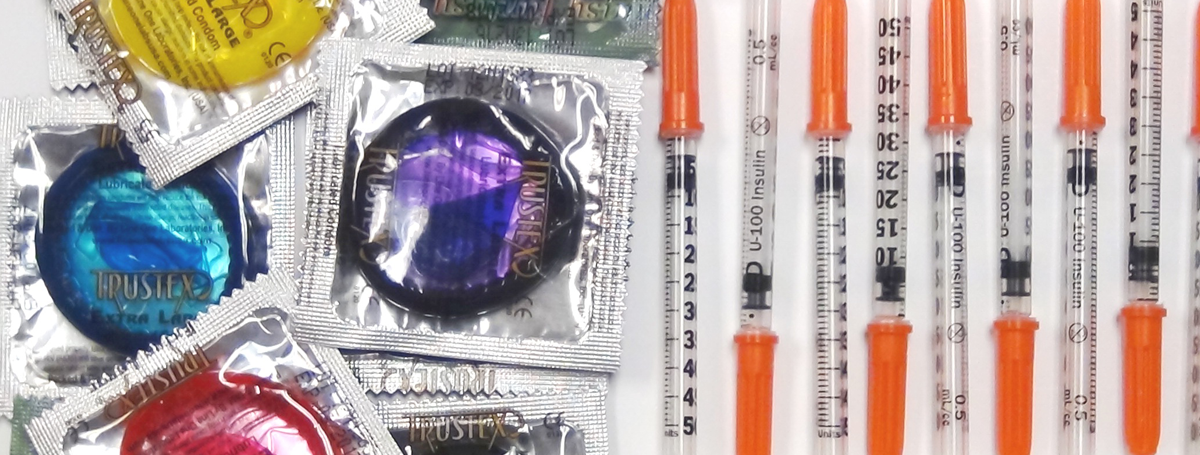World AIDS Day takes place on December 1 of each year. Founded in 1988, World AIDS Day was the first ever global health day. Since late 2019 when the corona virus (COVID-19) pandemic began the world again focused on public heath, including the importance of prevention, treatment and healthcare access for all.
During these challenging times, the CARES Foundation remains concerned and focused on the HIV epidemic which has infected over 75 million people worldwide, including over 36 million people who have lost their lives to HIV through 2020. We are reminded that although the overall outcomes of the HIV epidemic have dramatically improved since the first case of AIDS became known in 1981, there is more work yet to be done.
The successes in reducing HIV morbidity and mortality over the last 40 years have been made through the effective use of public health strategies and continual improvement of prevention and treatment practices, including timely access to care and powerful anti-viral drugs. The U.S. Center for Disease Control and Prevention (CDC) reported that, between 2010 and 2017, deaths from HIV have fallen more than 36% and disparities related to race, ethnicity, and geography have been reduced.1 However, the overall number of new HIV infections per year has not fallen, which underscores the need for broader adoption of effective prevention strategies such as Pre-Exposure Prophylaxis (PrEP), Post Exposure Prophylaxis (PEP), Treatment as Prevention (TaSP), and safe syringe distribution which are efforts targeted for higher risk, underserved, and vulnerable populations. More information can be found at www.HIV.gov.
These prevention and treatment strategies, combined with elimination of stigma and discrimination across all populations, are necessary to continue to reduce disparities in HIV morbidity and mortality related to race, ethnicity, geography, socioeconomic status, and other social determinants of health. The CARES Foundation has provided grants and leadership to the Sacramento region for a decade and will continue its efforts to implement and expand on local, state, and national strategies so that all members of our local communities can share in the broader successes of these public health measures.
The CARES Foundation will not end its efforts until the HIV epidemic itself has ended.
Footnote
1 Centers for Disease Control and Prevention Morbidity and Mortality Weekly Report 2020; 69:1717-1724







